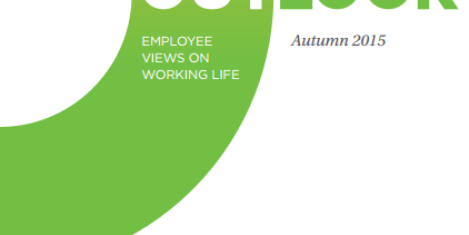April 17, 2016
Stress and sedentary working remain the UK’s greatest productivity drains 0
 The effects of stress and sedentary lifestyles mean that the average UK worker loses nearly 24 days of productivity each year, according to a major new report. The study, part of an initiative called Britain’s Healthiest Workplace from VitalityHealth, Mercer, the University of Cambridge and RAND Europe surveyed 32,538 workers and claims that these two factors alone account for an average of 23.5 days of lost productivity each year, equivalent to an annual loss in GDP of £ 57 billion. Stress remains a particularly important issue with three quarters of respondents (73 percent) saying they suffer some form of stress. The two sectors most affected overall also recorded higher incidences of stress. People working in the healthcare and financial services industries lost the most days (26.6 and 24.9 days per employee a year respectively), while tech workers claim to have lost only 18.9 days per employee per year.
The effects of stress and sedentary lifestyles mean that the average UK worker loses nearly 24 days of productivity each year, according to a major new report. The study, part of an initiative called Britain’s Healthiest Workplace from VitalityHealth, Mercer, the University of Cambridge and RAND Europe surveyed 32,538 workers and claims that these two factors alone account for an average of 23.5 days of lost productivity each year, equivalent to an annual loss in GDP of £ 57 billion. Stress remains a particularly important issue with three quarters of respondents (73 percent) saying they suffer some form of stress. The two sectors most affected overall also recorded higher incidences of stress. People working in the healthcare and financial services industries lost the most days (26.6 and 24.9 days per employee a year respectively), while tech workers claim to have lost only 18.9 days per employee per year.






























September 9, 2015
The way we talk about workplace productivity needs another dimension
by Mark Eltringham • Comment, Facilities management, Workplace, Workplace design
(more…)